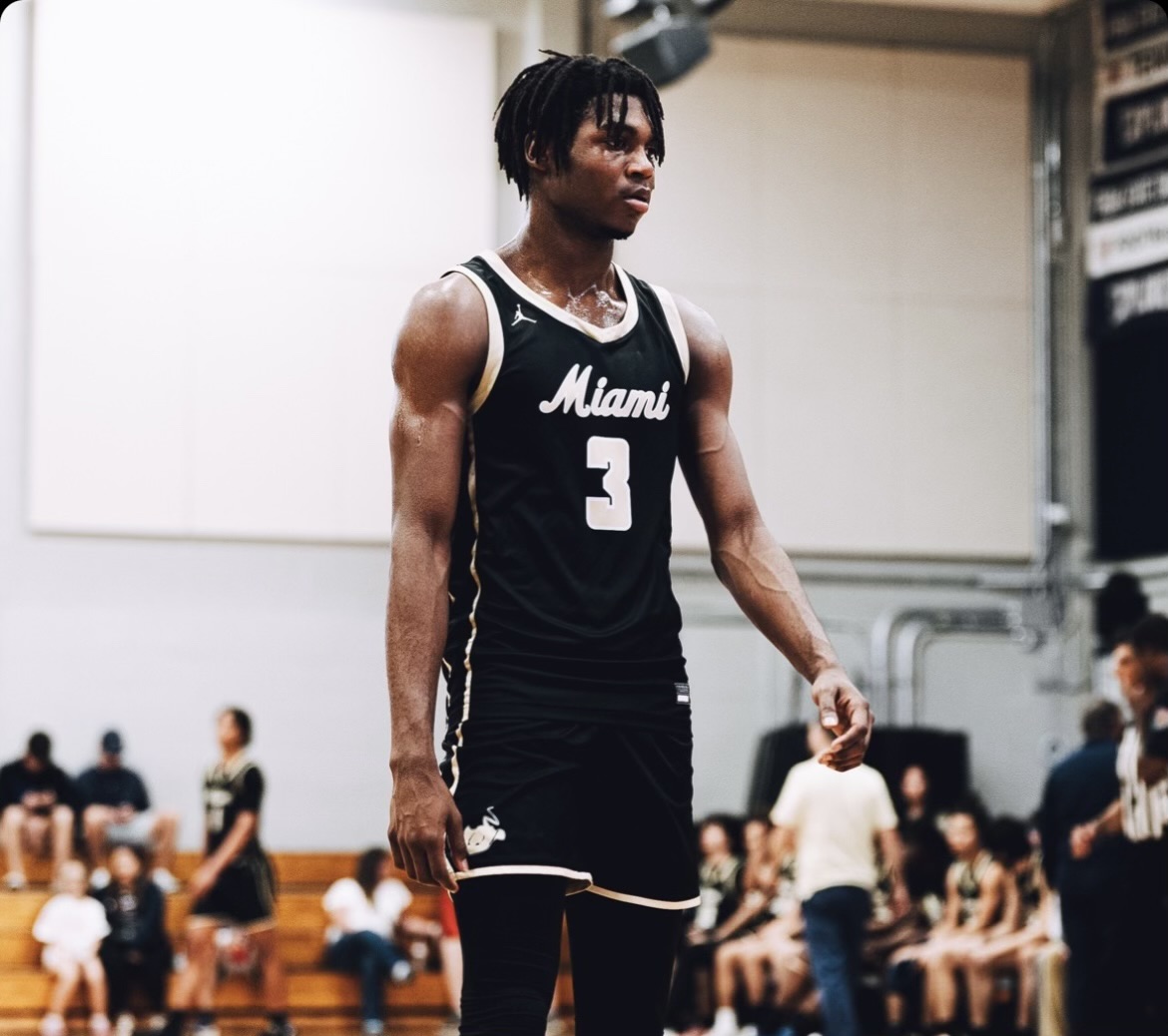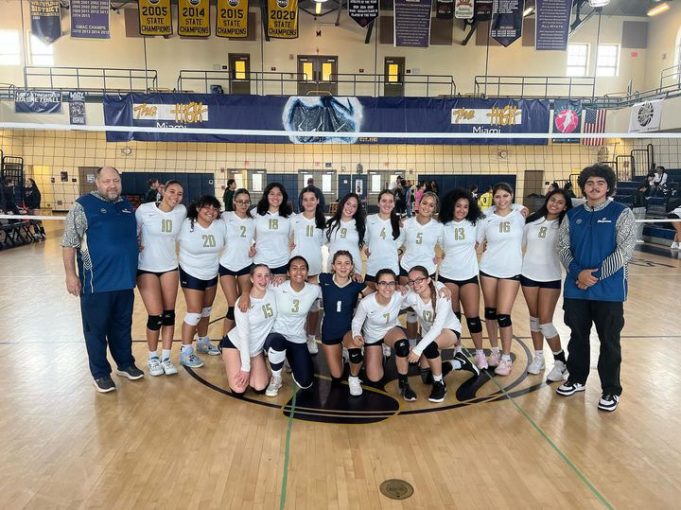S.O.S. VENEZUELA
Photo by REUTERS
Source: News.nationalgeographic.com/news./2014/03/120302
May 31, 2017
Record high inflation, food shortages and deadly protests are gripping Venezuela, once considered South America’s richest nation.
The current economic, political, and social situation in Venezuela is very complicated. Venezuela’s crisis has multiple causes: politic instability, hyperinflation, scarcities of food and medicines.
According to the website article “Venezuelan Inflation Rate”, posted on the website for Trading Economics <http://www.tradingeconomics.com/venezuela/inflation-cpi>,Venezuela is experiencing the worst economic crisis in its history, with an inflation rate of over 741%. El Bolivar, the currency of Venezuela, is very devalued, so Venezuelans are opting for dollars instead of bolivares. While the government maintains an exchange rate around 710 bolivares per US dollar, the black-market rate is 4889 bolivares per dollar. Most of the Venezuelans only have access to buy dollars from the black-market. The minimum salary of Venezuela is 200,000 bolivares, what is about $40 monthly.
Venezuela’s citizens are divided in to two bands: “los chavistas” that supported Hugo Chavez in his presidency from 1999 to 2013 and continue to support current president Nicolas Maduro, and the “opositores” that are against the government.
Ever since Nicolas Maduro won the presidency in 2013, the country has been getting worse. Venezuela’s socioeconomic status declined, with crime, inflation, poverty and hunger increasing.
My family and I left Venezuela in 2015 because we did not feel safe. In Venezuela it is not possible to go somewhere either by walking or by car without being robbed. Robbers have killed people to steal a phone or a car.
Food shortages have become severe. When there is food on the shelves, prices are so high that few Venezuelans can afford it. According to the last digit of one’s ID card, people are assigned a day in the week to buy groceries – just one or two items of the same product – at regular prices. Many have taken to eating out of the trash.
Medicine remains in short supply, too. Venezuelans hunt for penicillin and other medicines at pharmacies everywhere, often without success. Public hospitals have fallen apart, causing people, including infants, to die because of the scarcity of basic medical care.
According to the article “Venezuela protesters throw eggs, objects at president rally as unrest grows” on the Fox News <http://www.foxnes.com/world/2017/04/12/w.html>, many Venezuelans have decided to protest peacefully in the street calling for new elections because of these problems. These protests began in late-March when the pro-Maduro Supreme Tribunal of Justice (TSJ) dissolved the opposition-led National Assembly. The citizens that are protesting peacefully are suppressed by security forces with tear gas and pellets, which in many cases culminates in clashes between demonstrators and police officers.
Before Chavez and Maduro came to the power, Venezuela was a nice country. Even though Venezuela has always been an underdeveloped country, the citizens had a good life. My parents told me that in the ‘80s and ‘90s, the streets were safer and there was less inflation in Venezuela. You could walk in the streets alone and were able to buy things if you worked.
If you want to help Venezuelans, there are many places where you can donate food and medicines. For example, you could go to the restaurant El Arepazo 2 in Doral that is collecting donations of six types of first aid products: gauze, bandages, adhesives, disposable gloves, baking soda, and antiseptic disinfectants (iodopovidone).
When my family and I watch the news about the protests, we feel sad because it is not fair that because of the bad decisions the government has taken it, Venezuelans have to live everyday full of stress looking for something to eat, and there are people dying because of the lack of medicines. Also, it is really sad that people have died because of the military repression just because they are protesting, which is a basic civil right.





